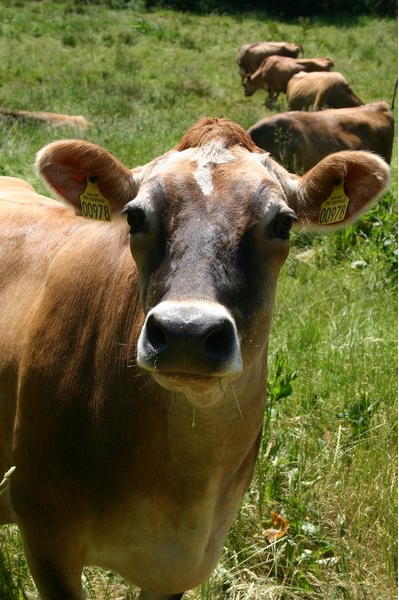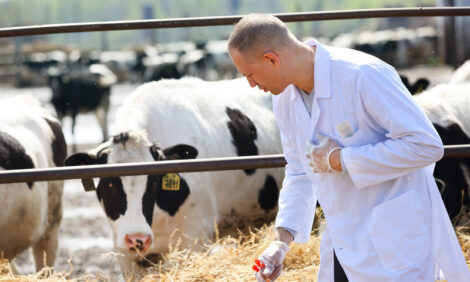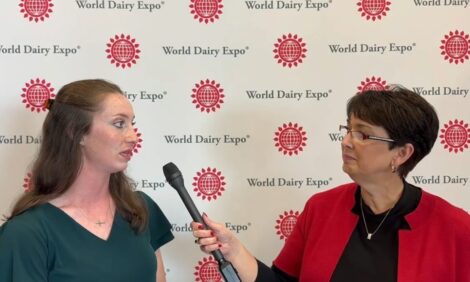



Robust Livestock Systems Stem from Sustainability and Welfare
Well designed and integrated organic livestock systems leave animals, the environment and the stock keepers better off.
According to researchers at Aarhus University, it is such ways of farming that should be strengthened as food production industrialises, meeting 'significant challenges'.

These are the words of senior scientist Mette Vaarst from the Department of Animal Science at Aarhus University. She will present and discuss a range of options for how robust organic livestock farms can meet future challenges in livestock production at the Annual Meeting for livestock research, EAAP 2014, to be held in Copenhagen from 25-29 August 2014.
- Organic livestock farming can contribute to the future sustainability of food production in a large number of areas. When I say sustainability, I mean it in the broadest sense – where the concept includes social, economic, environmental and governance aspects, says Mette Vaarst.
In her talk at the animal science congress, the senior scientist will be presenting several examples of how organic livestock farming can adapt to future demands.
- We can learn a lot by drawing on foreign experience, for example from the tropics where some places have very well-developed integrated systems. Of course we cannot directly copy their systems, just as they cannot copy our agricultural practices – but we can draw inspiration from it, says Mette Vaarst.
Some of the options available are the development and optimisation of free-range systems, for example by using semi-natural areas, by combining forestry with livestock grazing or by establishing holistic grazing systems. Another option is to merge several farms to create larger and more diverse farms where you can share machinery and other facilities and become less vulnerable..
- Complex and well-integrated systems should be supportive of the animals so they achieve a high health status. This will make the animals more robust and better able to cope with changes and their environmental influences. This will then lead to a lower consumption of medicine, says Mette Vaarst and continues:
- Development of highly integrated organic livestock farms and the use of agro-ecological farming methods require thought and planning in all aspects – both in terms of animal breeding, feeding and feed composition and in the farmer's ability to observe, evaluate and act.


